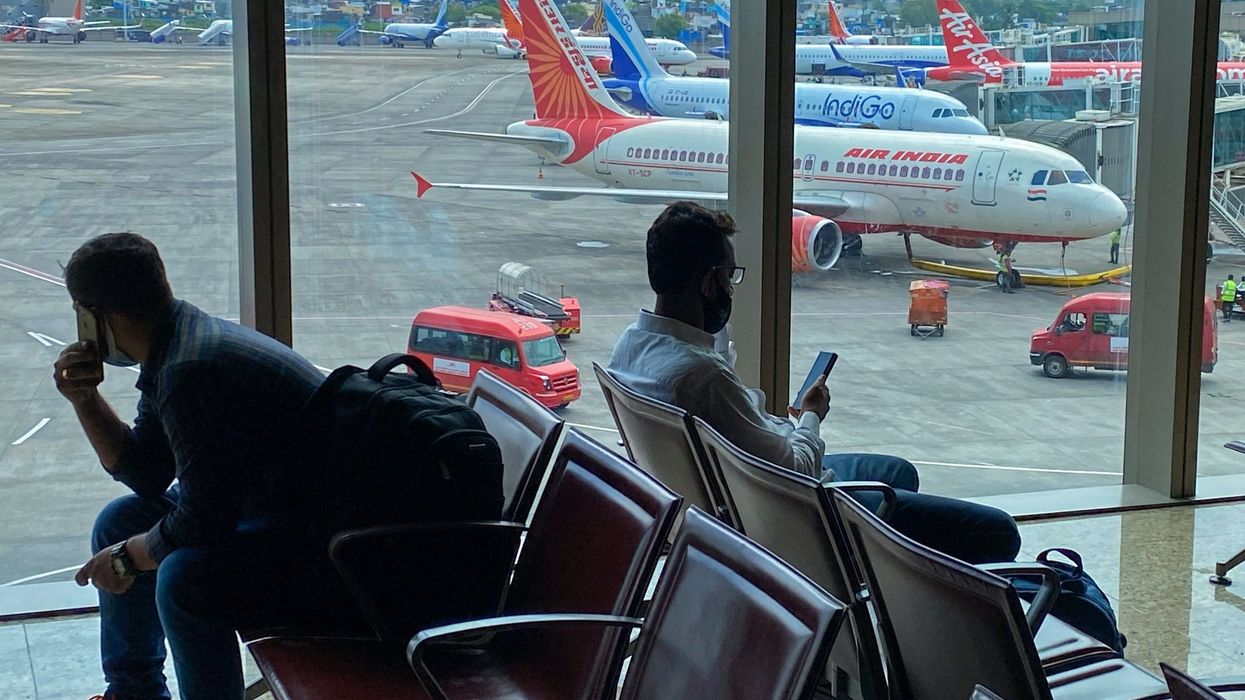The Indian government has withdrawn a travel advisory that added COVID-19 related additional checks and restrictions on those arriving from the UK after the British government ordered discontinuation of mandatory testing and quarantine norms for those vaccinated with Covishield travelling from India.
In an official memorandum issued on October 11, the health ministry said that based on the evolving scenario, it has been decided that the revised guidelines stand withdrawn and the earlier guidelines on international arrival issued on February 17 shall be applicable to all travellers arriving in India from the UK.
According to the travel rules from February 17, airlines need to ensure negative RT-PCR before allowing passengers to board in case of those coming from the UK.
On arrival, they need to give a sample at Indian airport and exit. In case of a positive result, they need to be isolated and treated. For negative results, they need to be in home quarantine for seven days and get re-tested.
On October 1, India had imposed a new rule that British nationals arriving in India, irrespective of their vaccination status, will have to undergo 10 days of mandatory quarantine from October 4 as part of the reciprocal actions initiated by the government following the vaccine certification row between the two countries.
India decided to impose reciprocal curbs against all British nationals arriving in the country as the contentious issue relating to the UK not recognising Indian vaccine certificates could not be resolved despite holding a series of technical-level talks.
The UK recognised Covishield vaccine produced by the Serum Institute of India but retained the 10-day quarantine period for fully vaccinated travellers from India. However, the move did not provide any relief from quarantine rules for Indian travellers vaccinated with two doses of Covishield.
Later, British officials said the UK has issues with India’s vaccine certification process and not with the Covishield vaccine.
However, the UK last week decided to scrap tough COVID-19 quarantine travel rules for 47 destinations, including India.
Following this, India also withdrew the added Covid checks, restrictions on those arriving from the UK.












